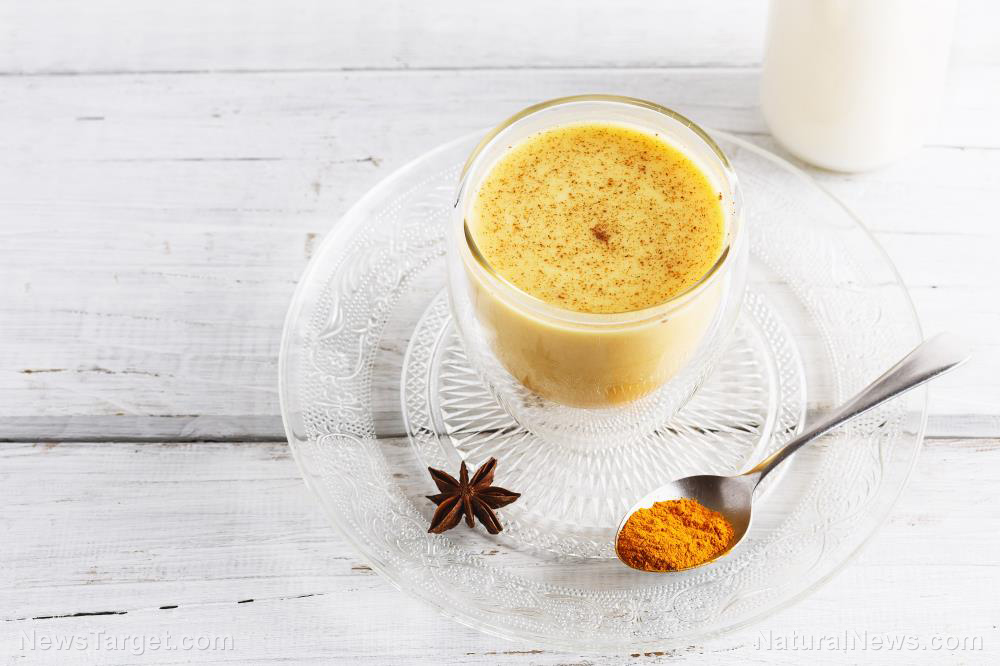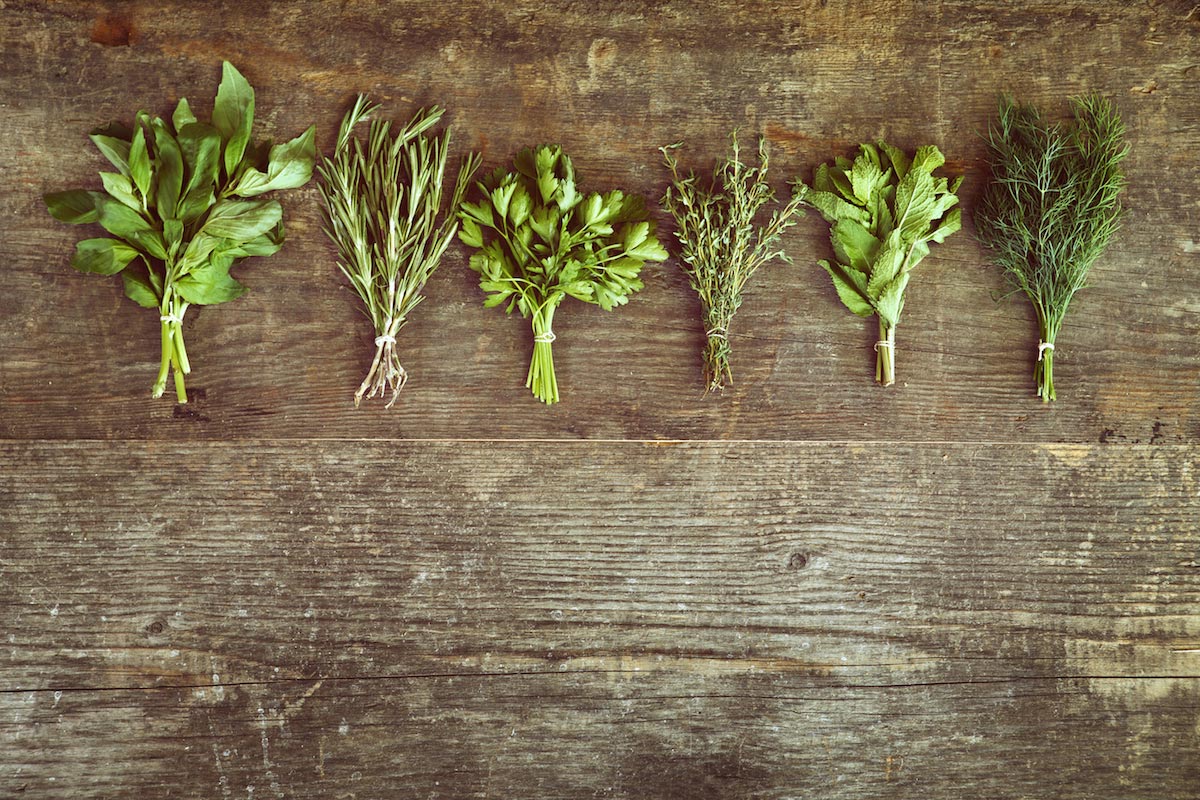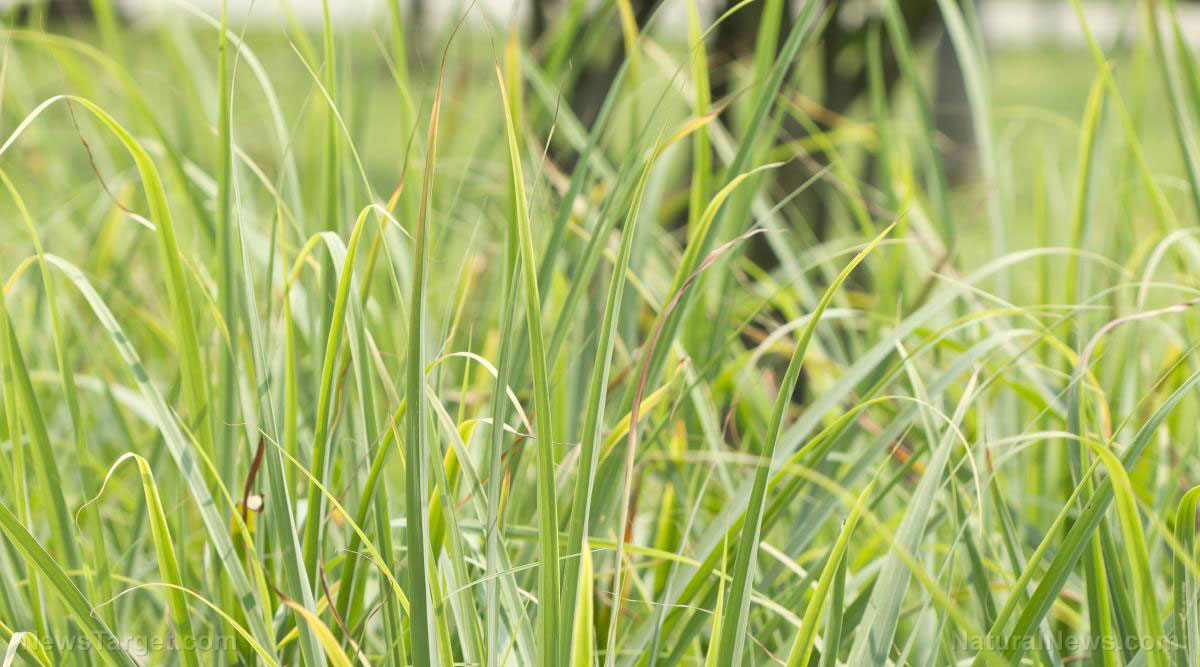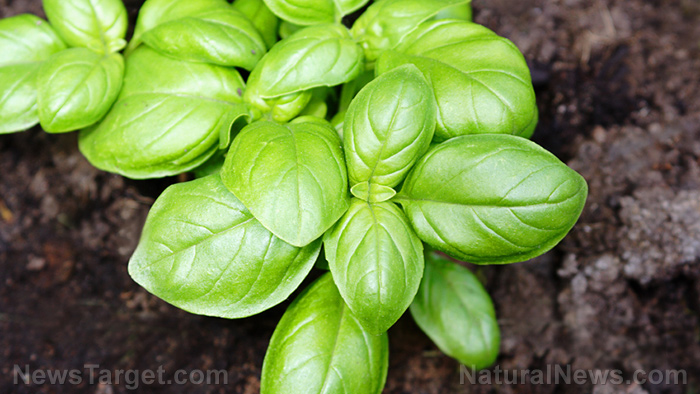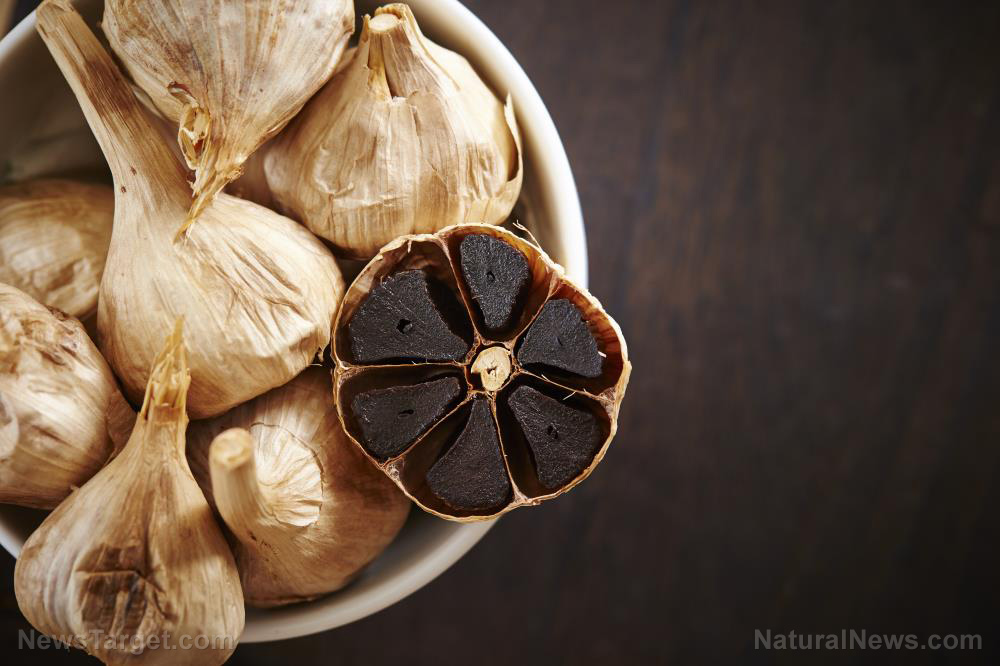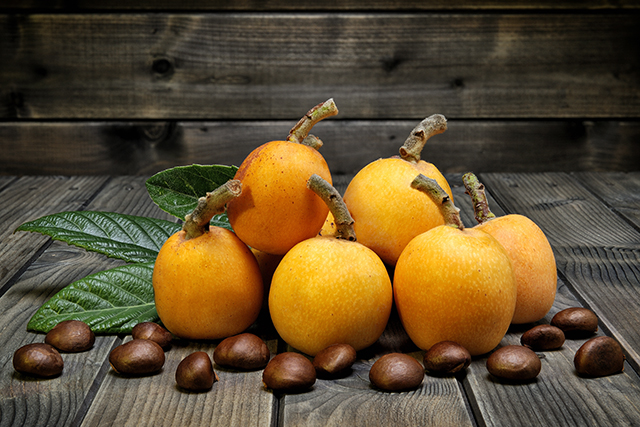The root bark of Indian trumpet tree, a widely used Ayurvedic herb, has cardioprotective properties
02/25/2021 / By Evangelyn Rodriguez

Tree bark can be a rich source of bioactive plant compounds, which is why many different ones have been widely used in traditional medicines. Recent studies have focused on the phytochemical content of different tree barks, roots and heartwood and have identified many compounds with remarkable medicinal properties from these parts.
Indian trumpet (Oroxylum indicium) is a fast-growing, deciduous tree native to East Asia. While its fruits, seeds, leaves and flowers are used for culinary purposes, its stem bark and root bark are used for medicinal purposes. Some of the conditions treated using the bark of the Indian trumpet tree include stomach complaints like diarrhea and dysentery, skin conditions like allergic dermatitis and common infections caused by bacteria and fungi.
In Ayurvedic medicine, the root of the Indian trumpet tree is known as one of the ingredients of a widely used formula known as ‘dashamoola,’ which means ‘ten roots.’ This herbal preparation is used to treat disorders related to the nerves, muscles, bones and joints. According to studies, dashamoola exerts beneficial effects because of its potent anti-inflammatory, antioxidant and analgesic properties, which can be attributed to its root components.
In a 2010 article published in the Indian Journal of Pharmaceutical Sciences, researchers reported that the different parts of Indian trumpet possess potent antioxidant activities. They also found that its leaves and bark exhibit the highest free radical scavenging activities. Knowing how free radicals contribute to cardiotoxicity, researchers at the Amala Cancer Research Center in India decided to investigate whether Indian trumpet bark extract can protect the heart from this potentially life-threatening event. They discussed their findings in an article published in the Journal of Ayurveda and Integrative Medicine.
The cardioprotective effects of Indian trumpet root bark
Cardiotoxicity is a serious adverse event caused by the use of certain drugs. Conventional anti-cancer drugs, for instance, are known to be cardiotoxic and cause damage to the heart with prolonged use. Doxorubicin, an anthracycline antibiotic commonly used to treat cancers of the blood, bone marrow and lymph nodes, is a classic example of a cardiotoxic chemo drug. Its ability to cause heart damage is widely reported and is its most serious contraindication.
According to previous studies, doxorubicin-induced cardiotoxicity is linked to several harmful events, such as mitochondrial dysfunction, lipid peroxidation, reduced antioxidant defenses and oxidative stress. Oxidative stress is triggered by an imbalance in the body’s production of antioxidants and free radicals. Because of the link between oxidative stress and cardiotoxicity, researchers believe that increasing the antioxidant status of the heart muscle tissue is a viable strategy for preventing drug-induced heart damage.
For their study, the Indian researchers obtained methanolic extracts from the root bark of Indian trumpet. They then treated rats with doxorubicin-induced cardiotoxicity with different concentrations of the extract. After two weeks, the researchers subjected the rats to an ECG test and conducted a comparative analysis of the following serum markers:
- Creatine phosphokinase (CPK)
- Lactate dehydrogenase (LDH)
- Glutamate oxaloacetate transaminase (SGOT)
- Glutamate pyruvate transaminase (SGPT)
- Tissue antioxidant status based on superoxide dismutase (SOD)
- Glutathione peroxidase (GPx)
- Reduced glutathione (GSH)
- Lipid peroxidation (LPO)
The researchers reported that the ECG records of the animals treated with Indian trumpet bark extract showed a normal pattern compared to the control’s, which showed signs of ST depression and arrhythmia. ST depressions usually indicate myocardial ischemia or an emergent condition. The extract also increased antioxidant levels (SOD, GSH and GPx) in the cardiac tissue of rats while reducing lipid peroxidation.
Meanwhile, comparative analysis of serum markers revealed that the extract significantly reduced CPK, LDH, SGOT and SGPT. Histological examination of rat heart tissues showed that the animals treated with the extract had normal heart muscle architecture. Chromatographic analysis of the Indian trumpet extract revealed chrysin, apigenin, and quercetin — three plant compounds known for their heart benefits.
Based on these findings, the researchers concluded that the root bark of the Indian trumpet tree has cardioprotective properties that can be attributed to the synergistic action of its antioxidant components.
Sources include:

Tagged Under: alternative medicine, cardioprotective, cardiotoxicity, chemo drugs, heart disease, heart health, herbal medicine, Herbs, Indian trumpet, natural cures, natural medicine, phytonutrients, plant medicine, prevention, remedies, research
RECENT NEWS & ARTICLES
Herbs.News is a fact-based public education website published by Herbs News Features, LLC.
All content copyright © 2018 by Herbs News Features, LLC.
Contact Us with Tips or Corrections
All trademarks, registered trademarks and servicemarks mentioned on this site are the property of their respective owners.




